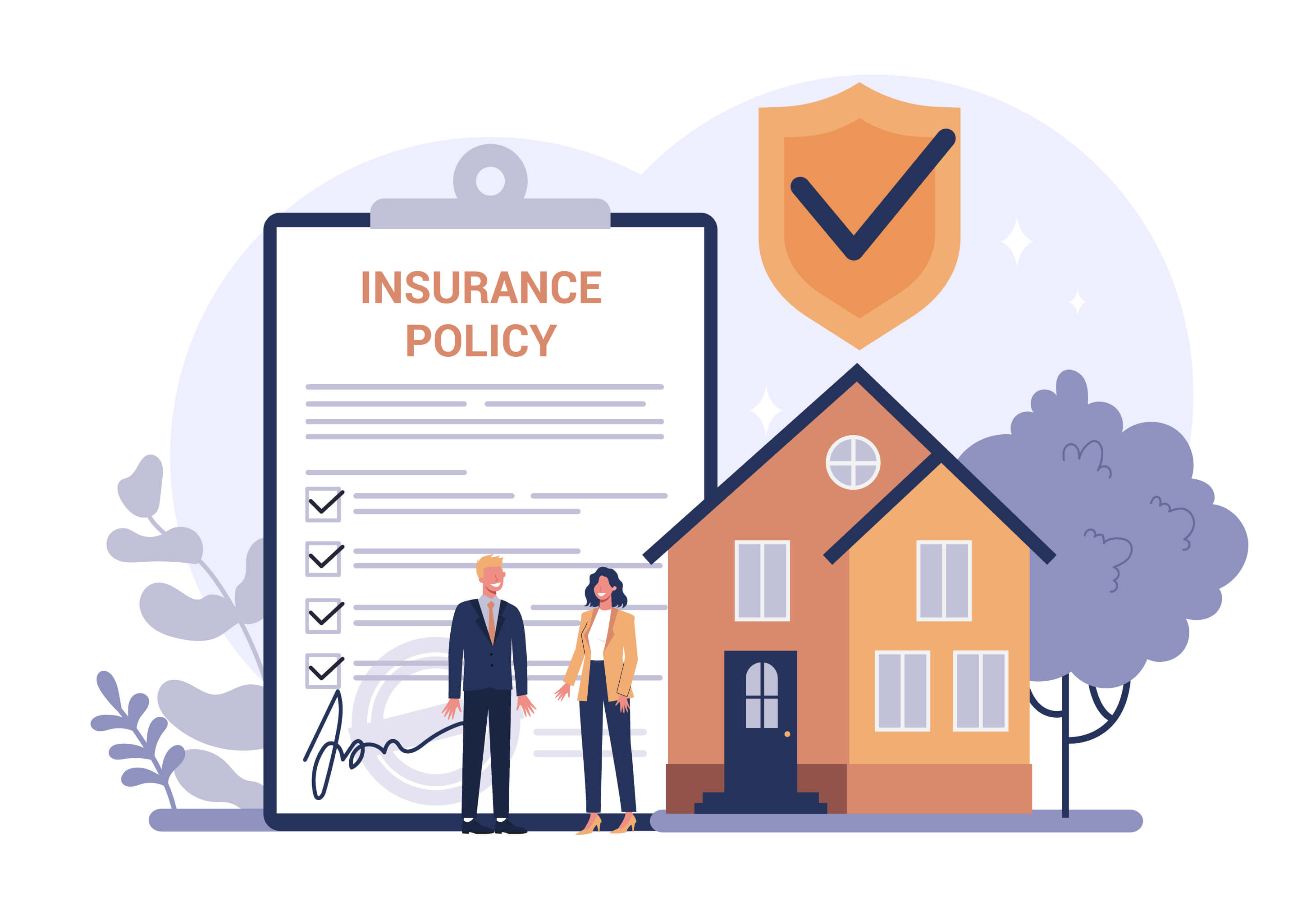7 Ways to Protect Your Voice Data and Bank Accounts
As banks continuously seek innovative ways to protect their customers, voice authentication has emerged as a powerful tool in their arsenal.
By asking for voice samples, banks aim to add an extra layer of security to combat fraud. However, this advancement brings new risks. Voice cloning technology, which can mimic someone’s voice using only 10 seconds of audio, poses a significant threat to the very security voice data seeks to enhance. In this evolving arms race between banks and hackers, voice data introduces a new vulnerability. So, how do you protect your voice data and ensure your financial security?
Voice Cloning: The New Frontier for Hackers
.png)
Hackers are always evolving, finding new ways to breach security systems and access personal information. Voice data, which many banks are now using, offers an enticing target. With just a short clip of your voice, criminals can create realistic voice clones that can be used to impersonate you. Imagine someone accessing your account just by mimicking your voice—it’s a chilling thought!
This new method of fraud isn’t as far-fetched as it might sound. Advances in artificial intelligence have made voice cloning technology more accessible and frighteningly accurate. In this environment, protecting your voice data is just as important as securing your passwords or other sensitive information.
Why Opting Out of Voice Authentication Might Be a Wise Choice
While voice authentication offers convenience, it might not be the best option for everyone. If your bank provides voice recognition as a way to access your account, consider opting out. The possibility of your voice being cloned means that this form of authentication might not provide the level of security you need. Instead, you can rely on more traditional forms of protection, like strong passwords and two-factor authentication (2FA).
Another risk is that scammers could create fake banking phone numbers or websites. If you’re ever in doubt, it’s crucial to verify the phone number or website by going directly to your bank’s official website or app. Never trust phone numbers you find through online searches without confirming their legitimacy first.
Taking Extra Steps: Strengthen Your Online Security
It’s always better to be overprepared when it comes to your financial security. In addition to considering opting out of voice authentication, there are several other steps you can take to safeguard your information:
- Use Unique and Strong Passwords
A password that is difficult to guess provides a basic yet effective defense. Avoid common phrases or anything tied to personal information, like birthdates. Instead, create a combination of letters, numbers, and symbols that’s hard to crack.
- Enable Two-Factor Authentication (2FA)
Banks often offer 2FA as an additional security measure. In simple terms, this means you’ll need to verify your identity using two methods, not just one. For example, after entering your password, you might be required to input a code sent to your phone or through an authentication app. Even if a hacker manages to get hold of your password, they’d still need that second layer of verification to access your account, making it much harder for them to break in.
- Avoid Public Wi-Fi for Banking
Public Wi-Fi networks are convenient, but they are also a hotbed for hackers. Avoid accessing your bank account on unsecured or public networks where cybercriminals might be lurking. If you absolutely must use public Wi-Fi, make sure to enable a Virtual Private Network (VPN) to encrypt your data and reduce the risk of interception.
- Monitor Your Accounts Regularly
Keep a close eye on your banking statements and account activity. If you notice any unusual or suspicious transactions, report them to your bank immediately. The quicker you act, the less damage a hacker can do. Most banks also offer alerts that notify you of large withdrawals or suspicious activity, so take advantage of these features if they’re available.
The Basics of Online Security Hygiene
.png)
Protecting your voice data is part of a broader online security routine. Here are a few essential habits that will help keep all your banking data safe:
- Use Trusted Networks Only: Always log into your banking account from trusted, private networks. Public or unsecured Wi-Fi networks can expose you to potential cyber threats.
- Use a VPN: A Virtual Private Network adds an extra layer of security when using the internet in public places. VPNs encrypt your data, making it much harder for hackers to intercept your information.
- Security Keys and Account Lockouts: Many banks offer additional optional security measures such as security keys or account lockout features. A security key is a physical device that generates unique codes required for login, while an account lockout feature will lock your account after a certain number of failed login attempts. These tools can add extra protection if you feel your account might be vulnerable.
Why Voice Cloning is a Game-Changer for Financial Scams
The ability to clone voices is a frightening development in the world of online security. As this technology becomes more advanced, hackers will have more opportunities to exploit voice data for financial gain. The problem with voice authentication is that once a voice is cloned, it’s very hard to regain control of that data. Unlike a password, which can be changed, your voice is unique and cannot be altered.
This is why taking action now to protect your voice data is crucial. While voice cloning is still an emerging threat, it’s better to be proactive rather than reactive. By combining multiple layers of security, like strong passwords, and 2FA, and avoiding voice authentication, you’ll greatly reduce the chances of falling victim to this kind of attack.
How Two-Factor Authentication (2FA) Enhances Security
Let’s take a closer look at how 2FA works and why it’s such an important tool for securing your bank accounts.
When you set up 2FA, you’re required to verify your identity using two separate methods. The most common combination is a password (something you know) and a device, like your phone (something you have). In some cases, you might also use biometrics, like your fingerprint (something you are).
Here’s how it works: After entering your password, your bank will send a one-time code to your phone or ask you to confirm the login through an authentication app. This code is only valid for a short period, usually 30 seconds or less. Even if a hacker has your password, they won’t be able to access your account without the second form of verification.
There are several ways to enable 2FA, including:
- Text Message Codes: A one-time-use code sent to your phone via SMS.
- Authentication Apps: Apps like Google Authenticator or Microsoft Authenticator generate time-sensitive codes.
- Security Keys: Physical devices that plug into your computer or connect via Bluetooth to provide an extra layer of security.
- Biometrics: Fingerprints or facial recognition can also be used as a second verification method.
By ensuring that only the correct user can log in, 2FA makes it much harder for hackers to access your account, even if they have stolen your password.
How to Stay Ahead of Voice Cloning Scams
.png)
The rise of voice cloning means it’s more important than ever to be vigilant about your personal data. Here are some tips to stay one step ahead:
- Use Multi-Layer Security: Voice data should be just one part of a robust security system. Combine it with strong passwords, 2FA, and other optional bank security features like account lockouts or advanced access tools.
- Stay Informed: Cybersecurity is an ever-changing landscape. Keep yourself updated on the latest threats and security recommendations from your bank or security experts.
- Be Skeptical: If someone claiming to be from your bank calls and asks for your personal information, be cautious. Hang up and call back using the bank’s official number to verify the request.
Proactively Protect Your Voice and Financial Security
Voice authentication may seem like a convenient way to secure your banking information, but the growing threat of voice cloning raises serious concerns. Opting out of voice features with your bank is a smart first step, but don’t stop there.
Layering additional security measures, like strong passwords, 2FA, and careful monitoring of your accounts, will help protect your financial data. As hackers develop more advanced methods to steal personal information, it’s up to you to stay proactive and safeguard your voice data from falling into the wrong hands.
LATEST

Last updated: Aug 31, 2024

Last updated: Sep 10, 2024

Last updated: Sep 10, 2024

Last updated: Aug 19, 2024

Last updated: Sep 10, 2024

Last updated: Aug 31, 2024
